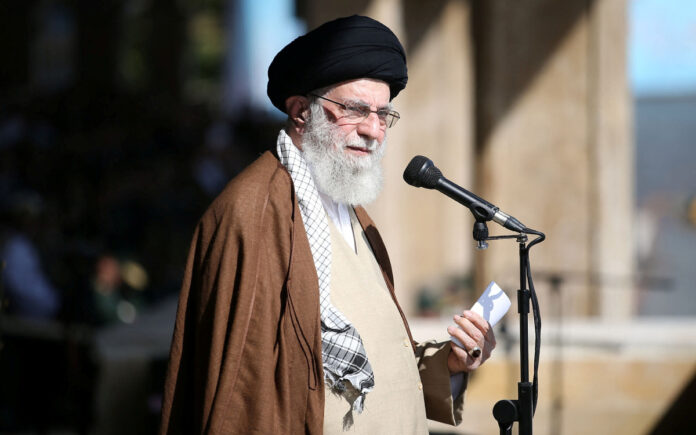Tehran/New Delhi: Iran’s Supreme Leader, Ayatollah Ali Khamenei, stirred international controversy on Monday by drawing a provocative comparison between the situation of Muslims in India and those in conflict-ridden areas like Gaza and Myanmar. In a post on the social media platform X, Khamenei suggested that Muslims face danger in several regions, explicitly naming India as one of them.
Khamenei’s post read: “The enemies of Islam have always tried to make us indifferent with regard to our shared identity as an Islamic Ummah. We cannot consider ourselves to be Muslims if we are oblivious to the suffering that a Muslim is enduring in #Myanmar, #Gaza, #India, or any other place.” This statement drew India into a broader narrative of Muslim suffering, equating its situation with the long-standing conflicts in Gaza and Myanmar.
India’s External Affairs Ministry responded promptly and firmly. In a statement, it condemned Khamenei’s remarks, calling them “misinformed and unacceptable.” The ministry’s statement asserted, “We strongly deplore the comments made regarding minorities in India by the Supreme Leader of Iran. These are misinformed and unacceptable. Countries commenting on minorities are advised to look at their own record before making any observations about others.”
Khamenei’s comments come amid increasing international criticism of Iran’s own human rights record, particularly concerning the repression of women and the curtailment of freedom of speech. Critics argue that Iran’s stance on minority rights within its borders undermines its credibility when addressing such issues globally.
Also Read | Putin Orders Russian Army Expansion to 1.5 Million, Making It Second Largest After China’s
Gaza, another region highlighted in Khamenei’s tweet, remains a center of international focus due to the ongoing conflict between Israel and Hamas. The humanitarian crisis there, marked by blockades and frequent violent clashes, has drawn widespread global concern. By invoking Gaza alongside India, Khamenei underscored a narrative of widespread Muslim suffering but sparked significant debate over the appropriateness of these comparisons.



